It was early 1991, and the Gulf War had just ended. Bombs from the U.S.-led coalition had ravaged Kuwait’s infrastructure, and it was time to rebuild. Most of the destruction was the typical casualties of war: highways, oil wells, large buildings, and soldiers. But there was one interesting exception: the Kuwait zoo.
Iraqi troops had occupied the zoo for months, during which they carried out atrocities against the animals there that left only 35 alive out of an original 735. Furthermore, coalition bombing had demolished much of the facility.
Thus, it was up to a few United States Navy regiments to restore the establishment. Among the men assigned to the task was Phillip “Rocky” Taormina, a hull technician on the USS LY Spear (a submarine tender that repaired other U.S. ships) and current maintenance technician at LHS.
“After we were done working on the ships [in Virginia], we had to go over to Kuwait. The Iraqis were held up there in a zoo. America was bombing them night and day, and they couldn’t get supplies. They were trapped, so what happened was once they gave up and we got them as prisoners, the zoo [had been] demolished,” recounted Mr. Taormina. “So our repair ship I was on went in there, and we worked on it. We worked on the zoo, we repaired it all, and then [the U.S. and several other countries] sent them pairs of animals. It was a humanitarian thing we did for them.”
But Mr. Taormina, who got his nickname “Rocky” from the relationship he developed with many of his superior officers by always defending his fellow shipmates, has done more than fix a zoo in Kuwait.
“I’ve been from one end of the globe to the other,” he said. “I’ve been to Singapore, I’ve been to Spain, France, Italy, Nova Scotia, New Brunswick, the Virgin Islands, Germany, Turkey, Africa… I’ve been all over, everywhere.”
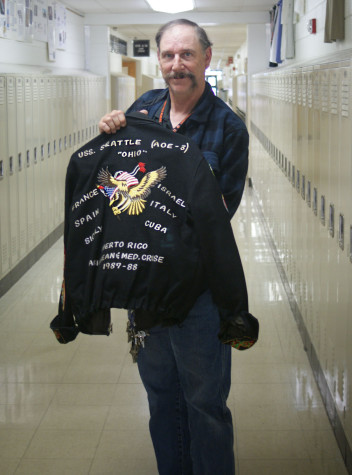
As a Navy hull technician for 20 years, from 1974 to 1994, Mr. Taormina caught the end of Vietnam as well as the Gulf War. Yet, much of the action he faced had nothing to do with war.
“On the [aircraft] carrier, we had a special welding team (we called it a SWAT team: Special Welding And Tactics). I welded 365 feet in the air, on the mast. I’ve welded hanging in front of the ship while [it] was doing 22 knots,” he recalled.
Perhaps his most harrowing experience was enduring an age-old Navy tradition: the “crossing the line” ceremony. When a vessel crosses the Equator, the uninitiated become “Pollywogs,” who are led by the “Shellbacks”–sailors who have already undergone this ordeal–through a series of rites designed to test the new sailors’ tolerance.
“They get you up at about 4 o’clock in the morning. They make you get up, and they make you get on all fours. You cannot get up and walk, you have to crawl the whole time: upstairs, everywhere. And, before you do that, you have to put all your clothes on inside out and backwards,” detailed Mr. Taormina.
After the initial wakeup routine, “Pollywogs” are directed through a long obstacle course full of obscenity and ridiculousness. Sailors crawl through a filthy garbage chute where they’re simultaneously beaten with pipes, they’re forced to eat with only their faces from a bowl of rotten fish, and much more. The shivarees only get worse as the day goes on, and it’s an all-day affair.
As Mr. Taormina put it, “I was [just] glad I was one of the first ones up front because the ones in the rear, well they really got it.”
Now 62, Mr. Taormina joined the Navy in only a few years out of high school, in 1974.
“I enlisted [in the Navy] when I was 21 in Cleveland, OH. I [had] always wanted to join the Navy,” he said. “I was going to quit [high] school and join because back then you didn’t need your parents’ OK. But I figured I’d better get a diploma first. I worked a few years, I got tired of working, and [then] I went in.”
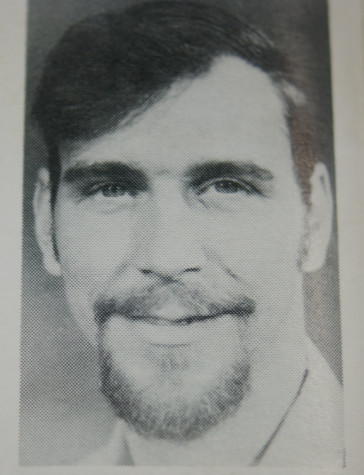
Twenty years later, after touring the world while earning a reputation of sticking up for his peers no matter what the cost, Mr. Taormina was honorably discharged from the Navy following the military scaledown in the wake of the Gulf War’s end.
“I miss [being in the Navy]. The service is such a tightly organized unit, it’s unreal. It’s not like out here where it’s dog-eat-dog and you have to worry about who’s going to stab you in the back or snitch on you,” he affirmed. “You mess with one of us…you mess with the whole ship.”



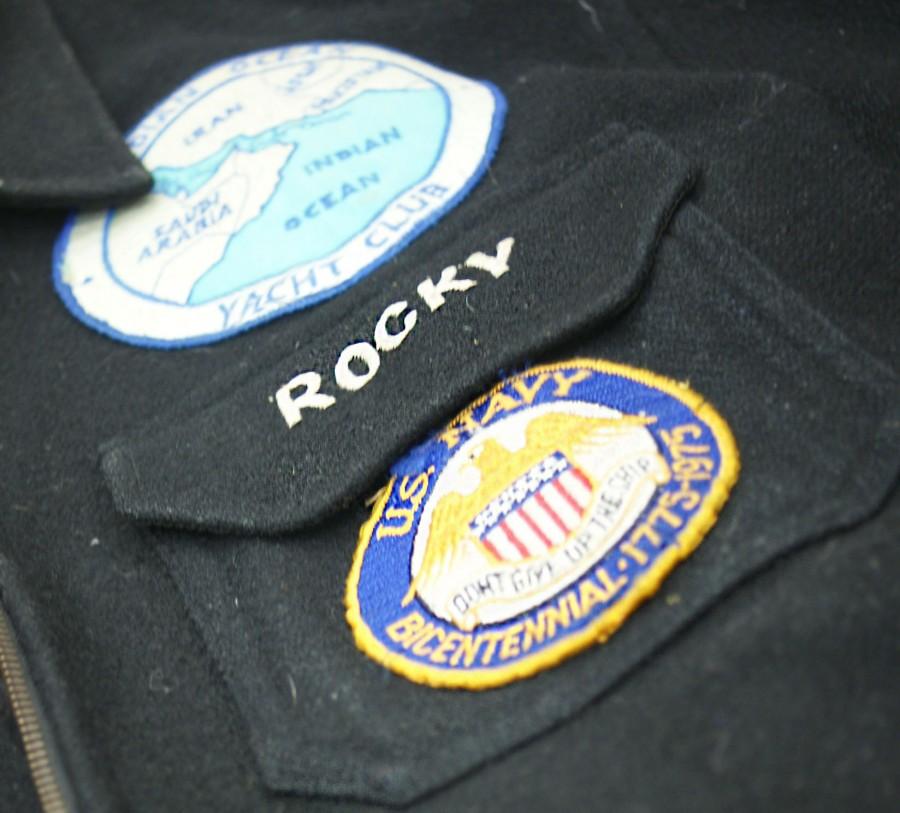
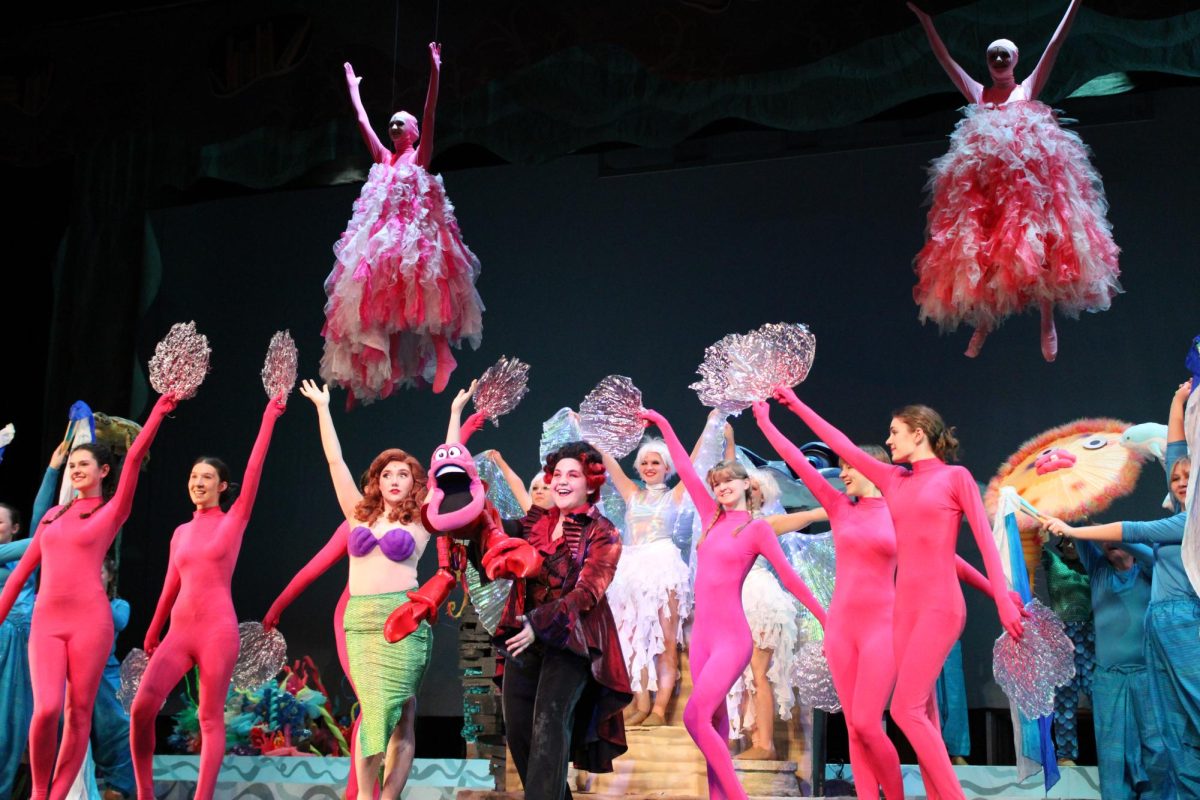
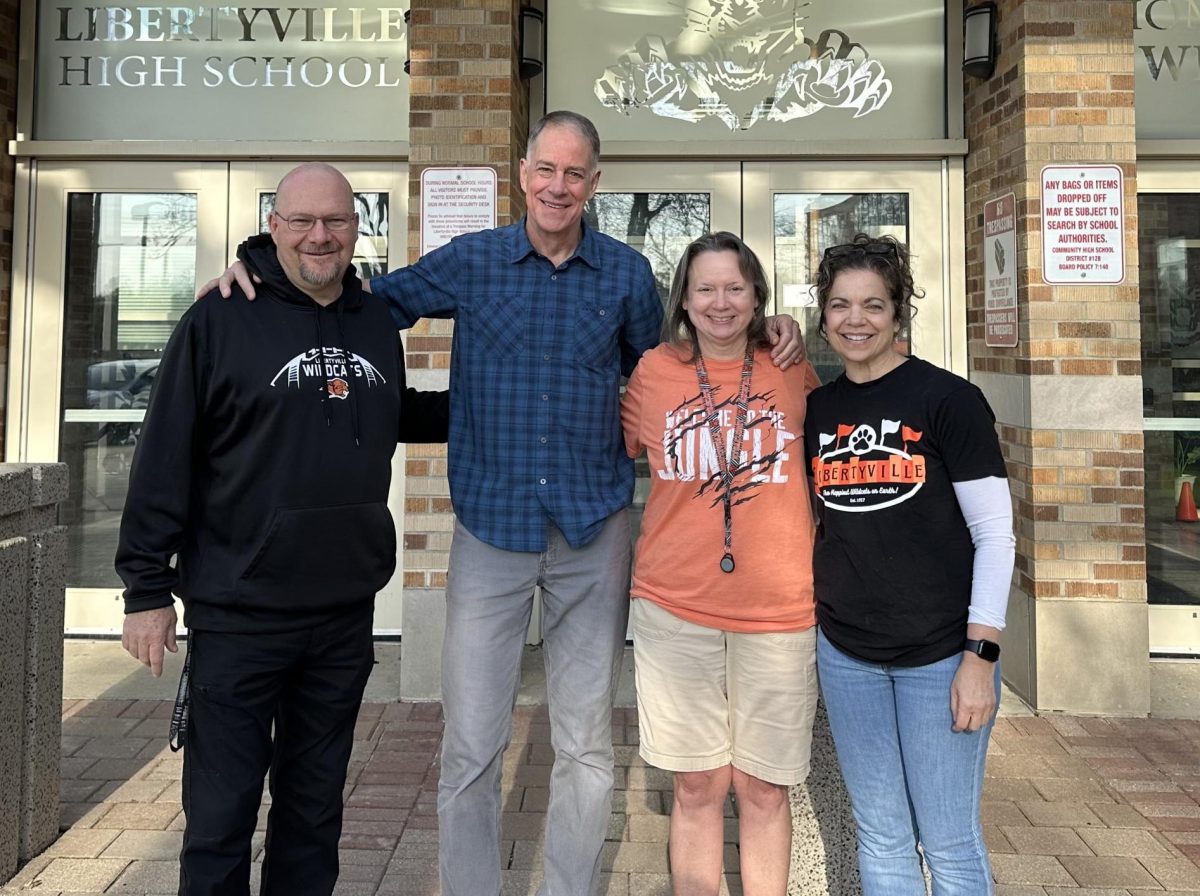
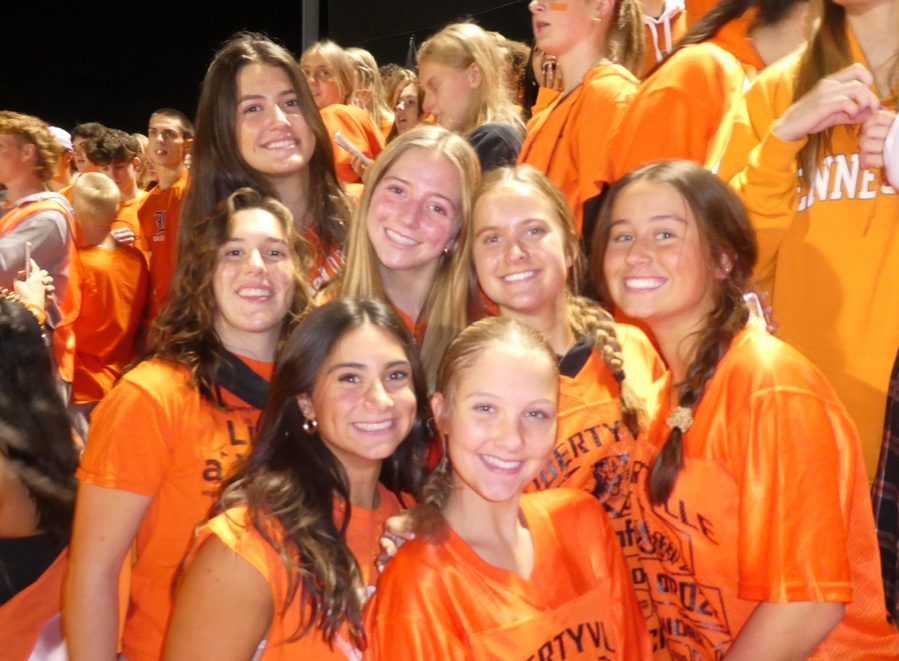

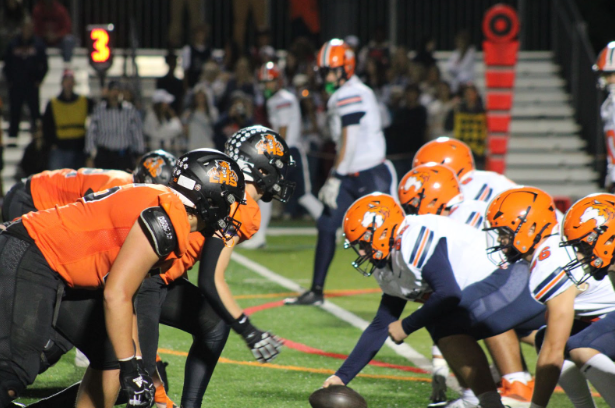
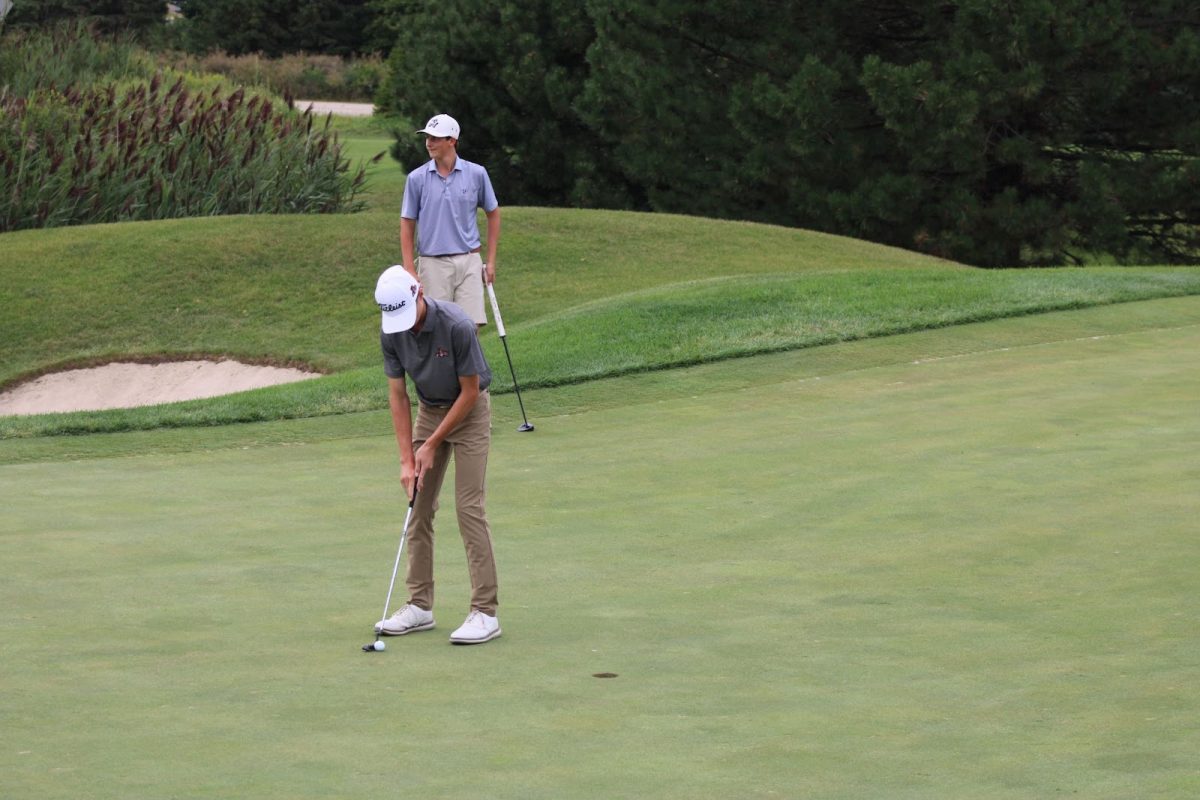

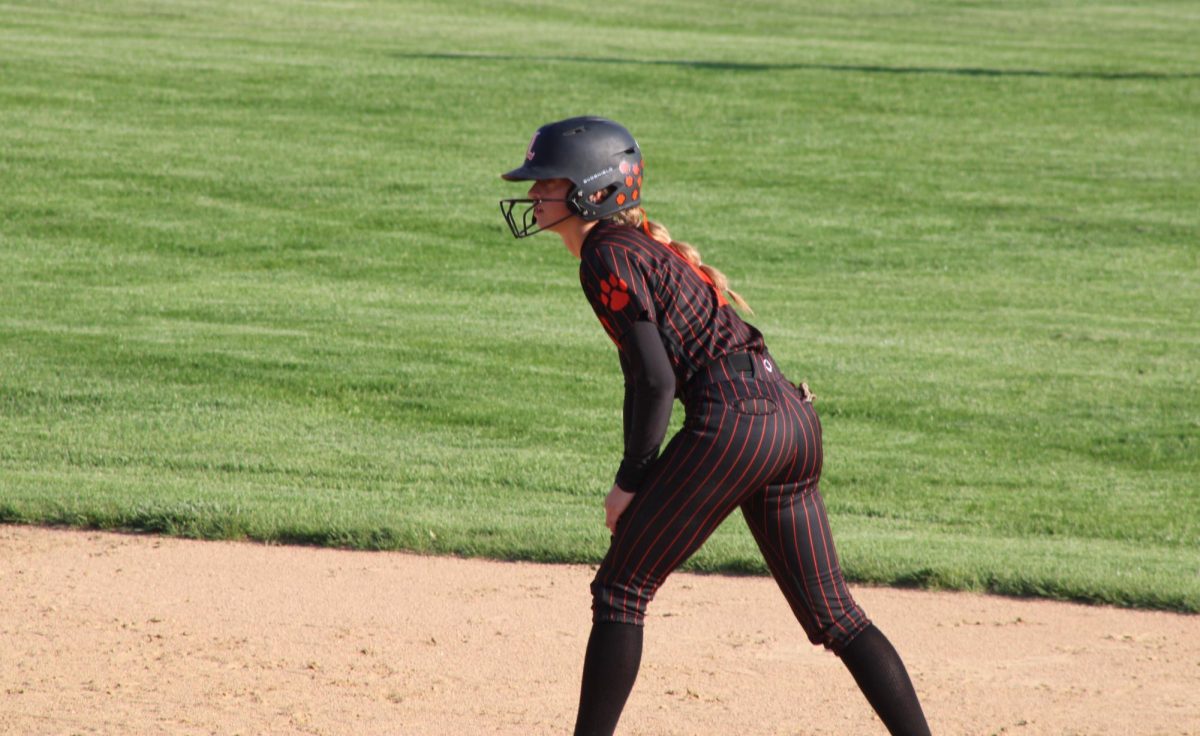
![Senior River Thompson joins the Jazz Ensemble by singing “That Old Black Magic” by Mercer and Arlen Arr. Mark Taylor, along with senior Annie Brody on guitar and junior Thomas Teixeira on bass, earning big applause. “[The concert had] great energy because it's the last [jazz concert] of the year,” Brody said.](https://www.lhsdoi.com/wp-content/uploads/2025/04/Eight-That-Old-Black-Magic-1200x800.jpg)
![Mr. Abullh Ali, manager/assistant, helps open Queen Yemeni Coffee in downtown Libertyville at 606 North Milwaukee Ave. With the help of employees such as manager and LHS senior Yousef Taha, they are able to bring the Yemeni and Ethiopian culture to Libertyville by using their Queen spices, cinnamon and cardamom in their drinks such as Adani Chai, which is inspired by Sheda, the Queen of Yemen and Ethiopia. “The history of our coffee [is] a long history and we believe that Yemen and Ethiopia started the coffee and we are bringing something unique to the community,” Mr. Ali said.](https://www.lhsdoi.com/wp-content/uploads/2025/04/Photo-1-1200x800.jpg)
